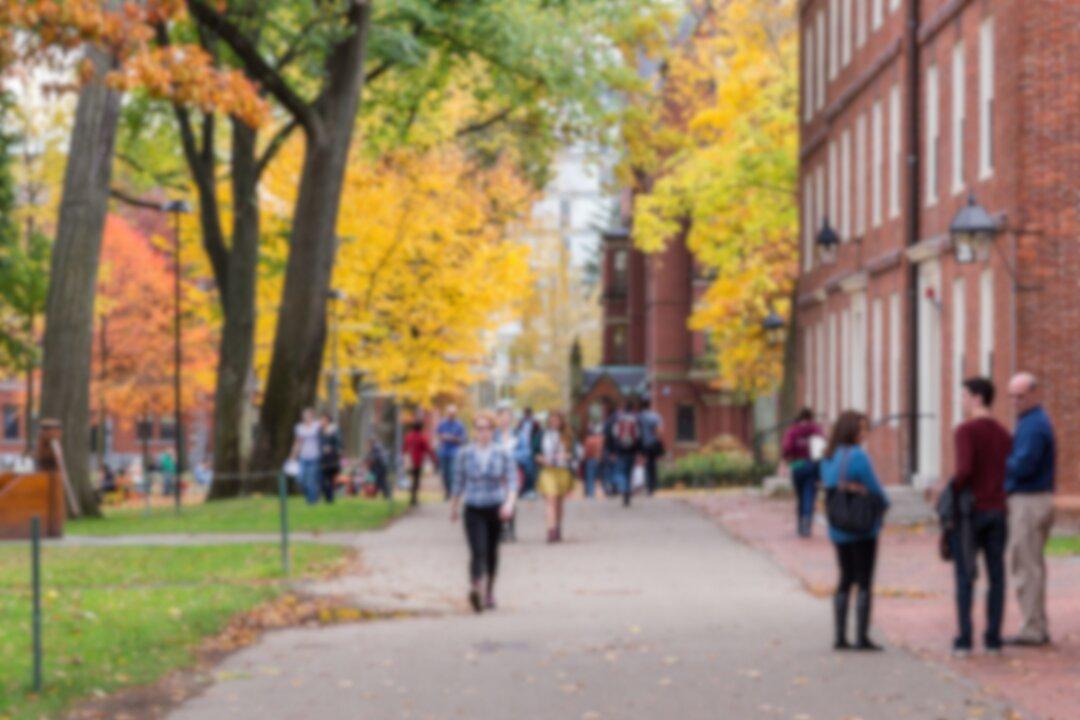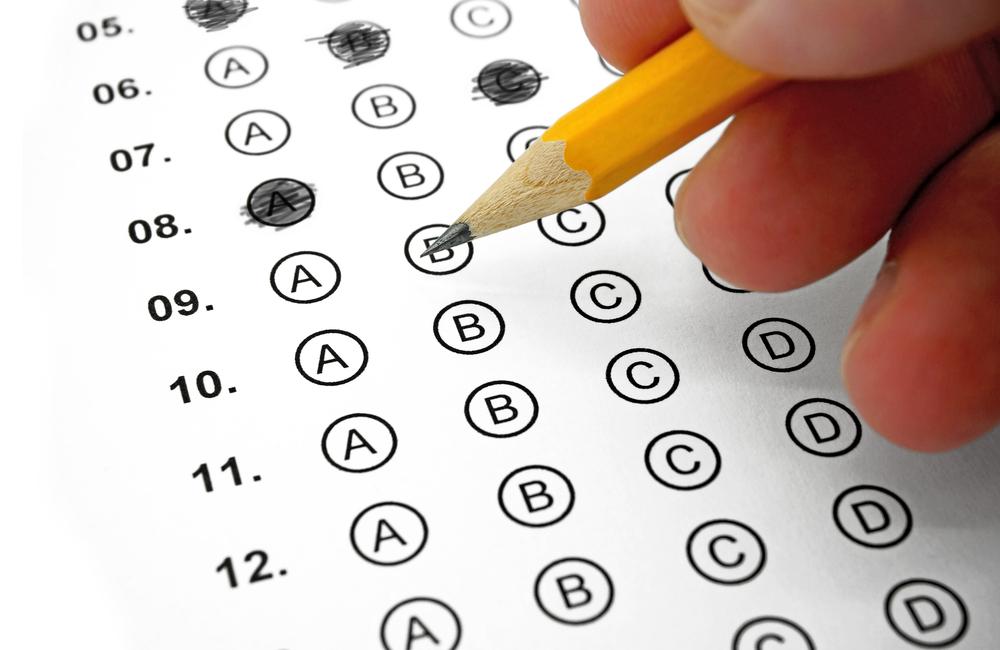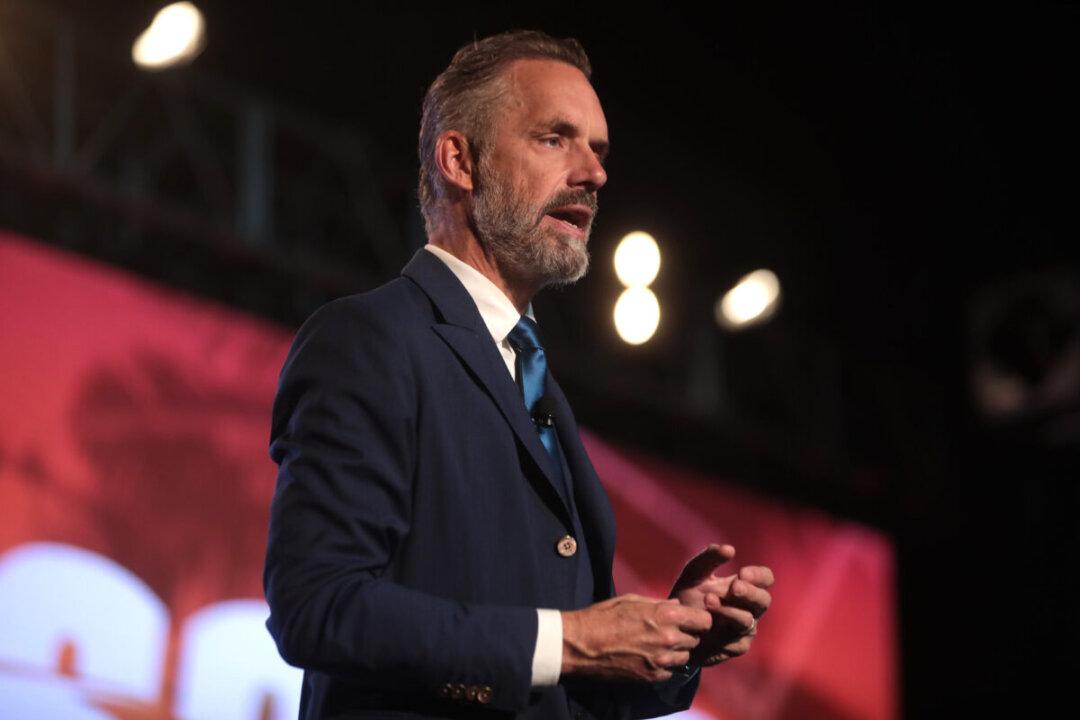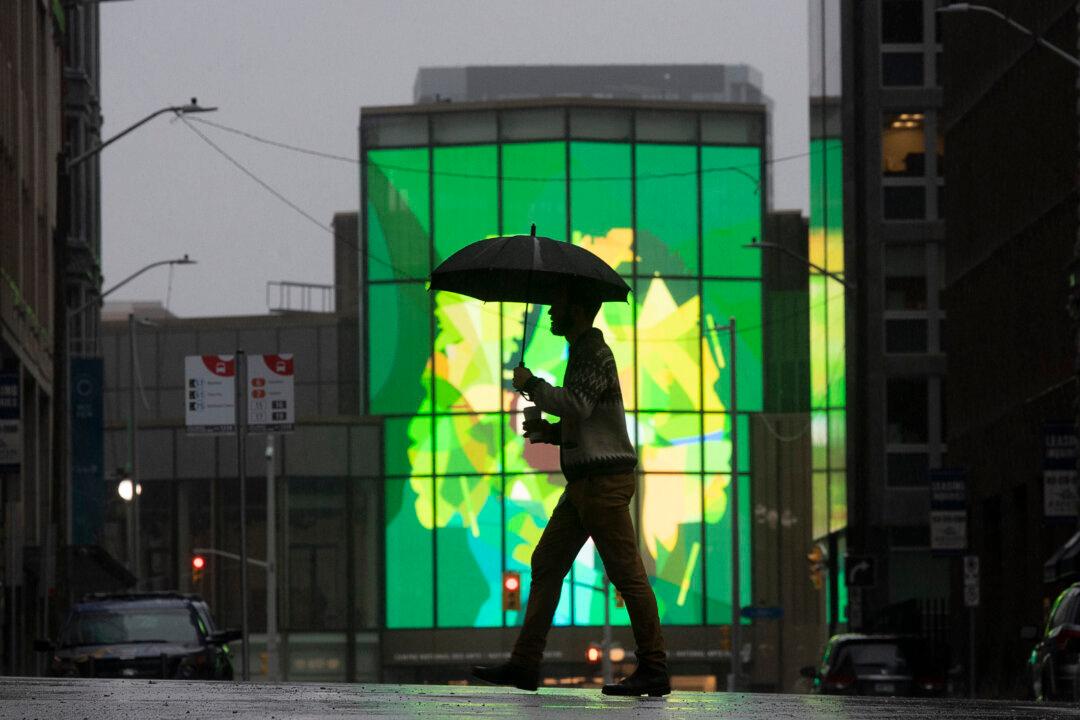In 1953, historian and educator Hilda Neatby ignited controversy by publishing “So Little for the Mind: An Indictment of Canadian Education.” She wanted to know why otherwise bright high school students entering her classes lacked the reading, writing, and thinking skills necessary for university. And why were the more recent high school graduates faring the worst?
Neatby ultimately pinned the blame on John Dewey’s progressive theories of education. “Dewey more than any other single person must be held responsible for the intellectual, cultural, and moral poverty of much modern teaching,” she wrote.





